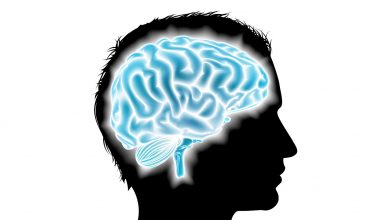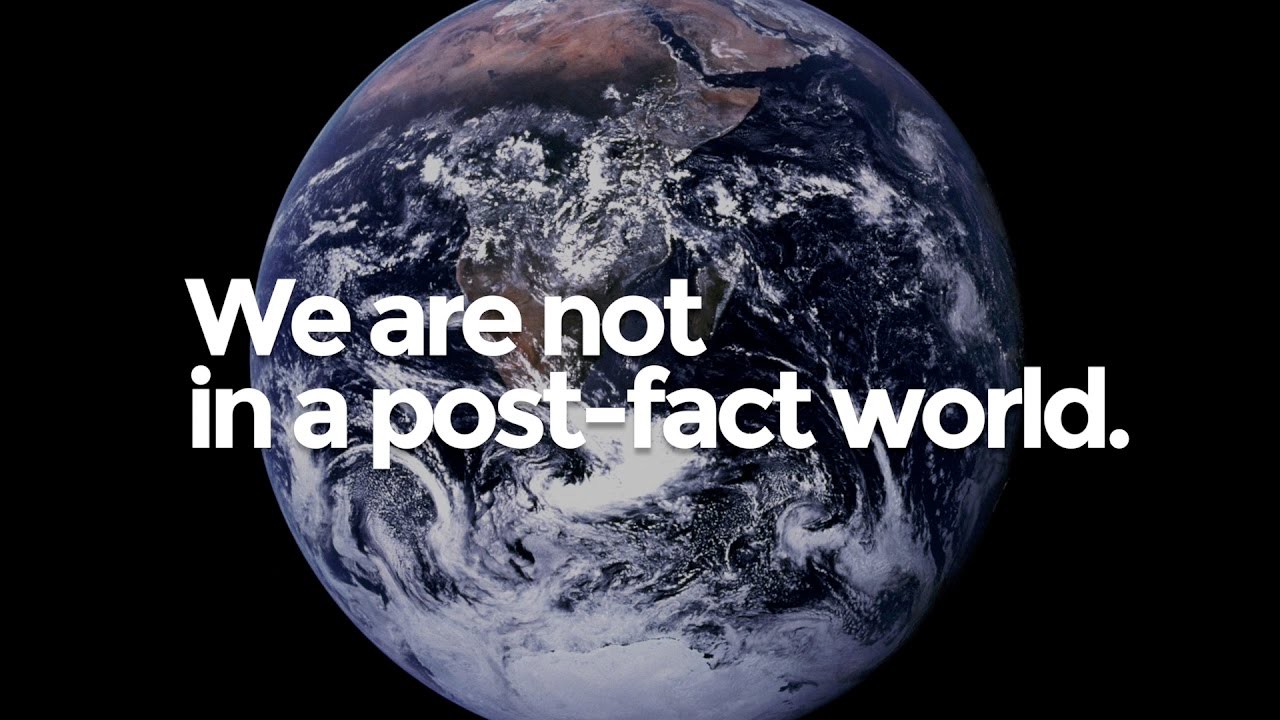
Recordkeeping is important – because our memories are often wrong
In the New Yorker article You have no idea what happened, Maria Konnikova convincingly explains how our memories are unreliable, particularly when paired with strong emotions. In a study which compared student memories of what they were doing at the time of the Challenger disaster captured at the time and again 30 months later, the two sets of memories bore little resemblance. The accuracy of recall typically scored just 3 on a 7 point scale, but students were highly confident that their memories were accurate.
Another study that looked at the correlation between emotion and accuracy of remembered detail found a substantially negative correlation:
… each scene was presented within a frame, and, from scene to scene, the color of the frames would change. When it came to the emotional images, memory of color ended up being significantly worse than memory of neutral scenes. Absent the pull of a central, important event, the students took in more peripheral details. When aroused, they blocked the minor details out. (emphasis added)
Konnikova concludes that when it comes to memory, we must “err on the side of caution: unless we are talking about the most central part of the recollection, assume that our confidence is misplaced”.
But it’s worth remembering that the reason we know what students were really experiencing on the day of the Challenger disaster is because records were kept at the the time of the event. Unlike memory, written records don’t degrade, get overwritten or get affected by our subsequent experiences.
As an objective, nonvolatile assessment of the world, records can correct our judgement of past events. People often think of records as ‘just overhead’, or only for the benefit or some hypothetical future coworker. But in fact routine recordkeeping is an important discipline for anyone who wants to be guided by the truth rather than their unreliable memories.
Source: Emory Symposia in Cognition, Emotion, New Yorker







I don’t think simply having a record constitutes as the “truth”, as a record can be incorrect, either by deception or through incorrect input (ie VW). I think we can say a record is the best available evidence to determine the truth.
Nevertheless, an interesting topic especially when you think about the court cases. Witness testimony after many months or years, how reliably are they?
@Simion: Yes, I didn’t mean to imply that a record was necessarily the “truth”, just that records provide an unchanging piece of information about the past (unlike our memories).
There is a reason why historians love diaries as a source of primary information — since they are records generally made very close to the actual event, and are often created with little reason to distort things for the benefit for the writer, there’s a good chance that they are a faithful representation of someone’s experiences at the time.